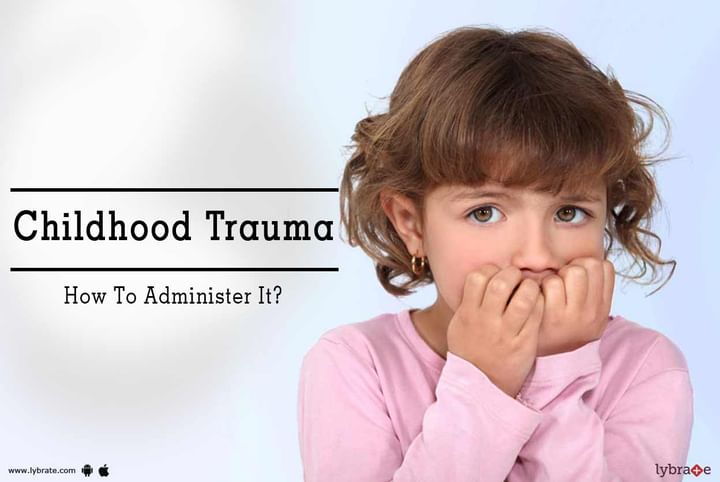Get the App
For Doctors
Login/Sign-up
Last Updated: Feb 26, 2020
BookMark
Report
Childhood Trauma - How To Administer It?
Ms. Reena NairPsychologist • 15 Years Exp.MS Counselling & Psychotherapy, CERTIFICATION IN BACH FLOWER REMEDIES OF ENGLAND
Often children are seen as resilient and capable of bouncing back from almost any situation. Traumatic experiences can however lead to long-lasting and severe effects that might stay even in their adult lives if they aren’t dealt with. Trauma might result from any such thing that can disrupt their safety and leave them vulnerable. These include verbal, sexual or physical abuse, an unstable environment, domestic violence, separation from parents, bullying, severe illness, or invasive medical procedures.
Despite having emotional consequences, there is still hope. Here are a few ways childhood trauma can be dealt better with:
- Accept trauma when it happens to you. Childhood trauma victims generally spend many years trying to see past what has happened to them by pretending as if nothing happened and dismissing it wholly. Another way they cope is by blaming themselves and feeling guilty about it. Healing can only begin when you accept that the traumatic incident did actually happen and that you aren’t to be blamed for it.
- Take control. Helplessness can spill over into your adulthood and make you act and constantly feel like a victim. This leads to making choices resulting from all the pain inside. The past takes control of the present when you have been victimized. Conquering the pain is the only way to get the present back in your control. Letting go of old defence mechanisms used by you as a child may be the only way to take back control of your life and bury the pain.
- You should not isolate yourself and seek support instead. Withdrawing from others is the natural instinct of most survivors of trauma. This might just make things even worse. You should take conscious steps to maintain healthy relationships and to connect with other people to facilitate the process of healing. Seeking support helps. Childhood trauma survivor support groups and talking with trusted friends and family can help heal as well.
- The ability to deal with stress increases, if you maintain better health. Get adequate rest, exercise and eat well and set a regular routine. Abstain from drugs and alcohol as they only provide relief for a temporary amount of time, but increase isolation feelings, anxiety and depression, thus worsening trauma symptoms.
- Learn to truly let go. Accepting implies embracing the trauma and deciding what you will do about it. It can dominate throughout your life unless you let it all out.
In case you have a concern or query you can always consult a specialist & get answers to your questions!



+1.svg)
